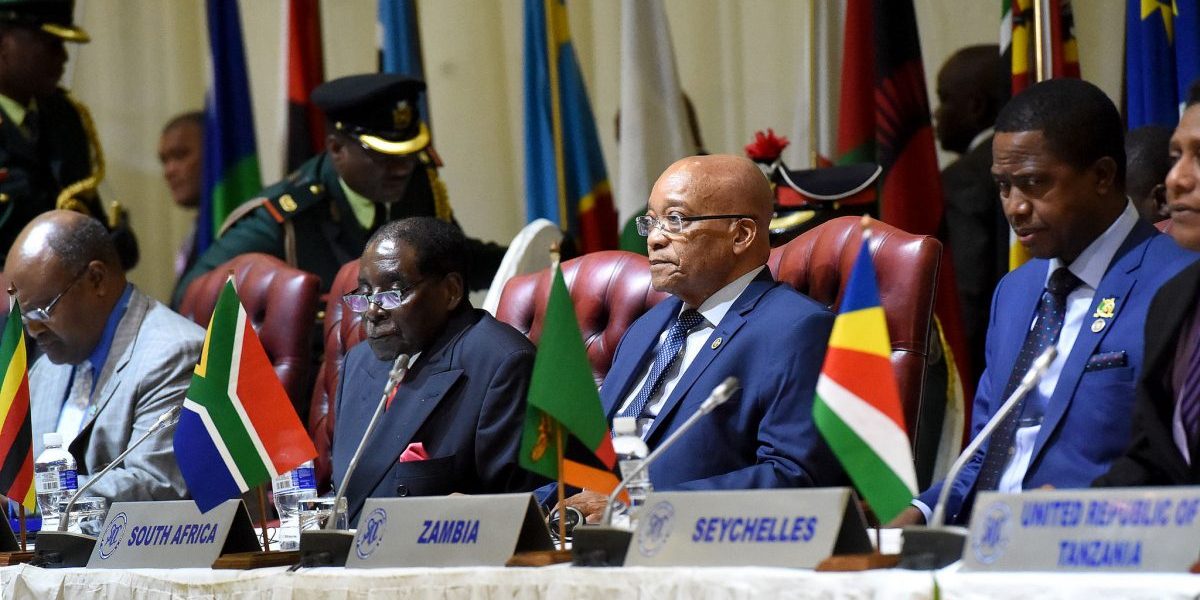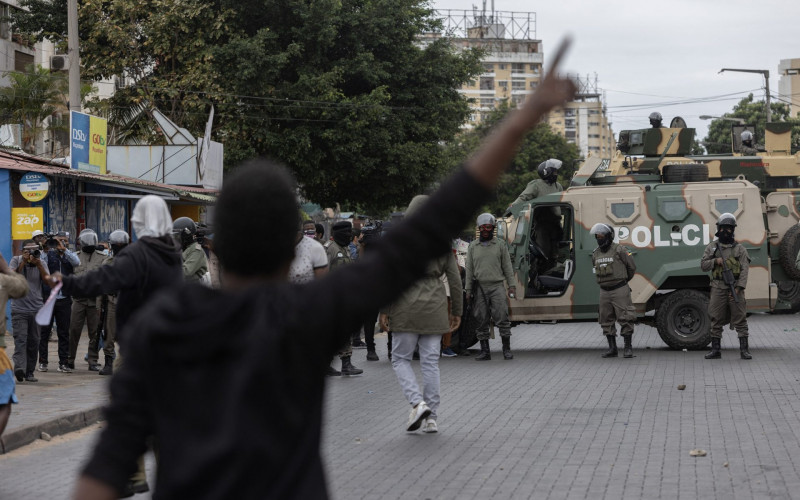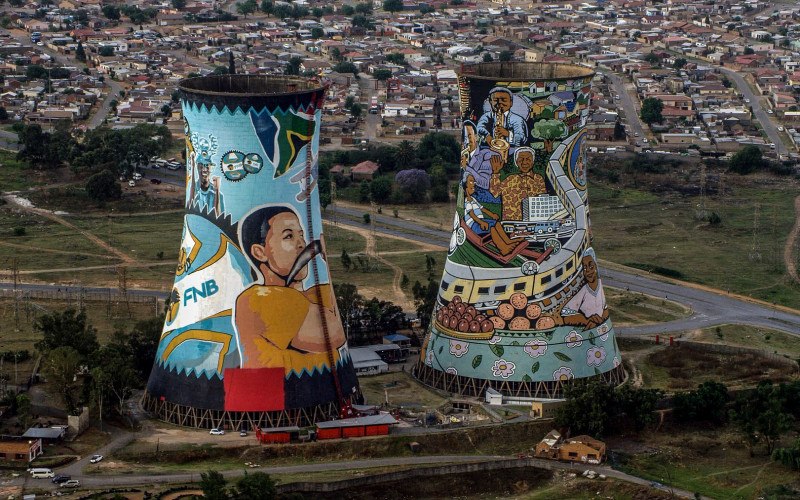We hold summits and solemnly commit to noble ideals. But the reality is different. For decades, we have sold off important chunks of sovereignty because we haven’t found the discipline to keep our own books or patch our own roads. We surrender economic policy to international donors and financial institutions. We rely on others to get us better terms of trade. We ask foreign troops to keep our peace.
For a long time the fiction served the privileged few in power, and there was little that the impoverished masses could do – or other African leaders would do – about it. But in the post-9/11 world, a new rule obtains: Countries that can’t govern themselves run the risk of being governed either wholly or in part by others.
This reality was reinforced in early March by Gen. James Jones, NATO supreme allied commander, and Gen. Charles Wald, deputy commander of US European Command, who came to Africa to explore prospects for establishing the operational basis for swift deployment of US and European armed forces on African soil in the war on terrorism.
It was no coincidence that their itinerary included stops in Algeria, Nigeria and Angola. Nowhere are conditions more favourable to the clandestine operations of groups like al-Qaeda than Africa’s Big States. With porous borders, vast mineral resources and weak legal and security structures, countries like Angola and the Democratic Republic of Congo provide safe havens for groups plotting acts of destruction.
As the lead story in this issue of eAfrica argues, stabilising the continent hinges on solving the special problems posed by large populations and vast geographical size. Clinging to the principle of territorial integrity in the absence of ethnic cohesion and economic viability makes little sense. Neither does holding elections without first laying the bricks of statehood.
In an age where Western powers view sovereignty less in terms of defence of regimes and states from outside intervention and more in terms of commitment toward good governance, Africa’s self-determination hangs on the willingness of its leaders to meet their people’s needs.







